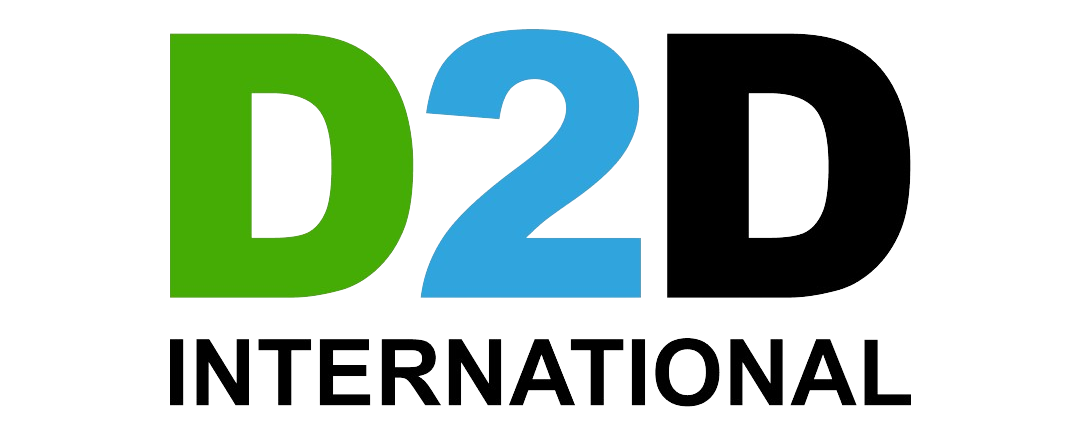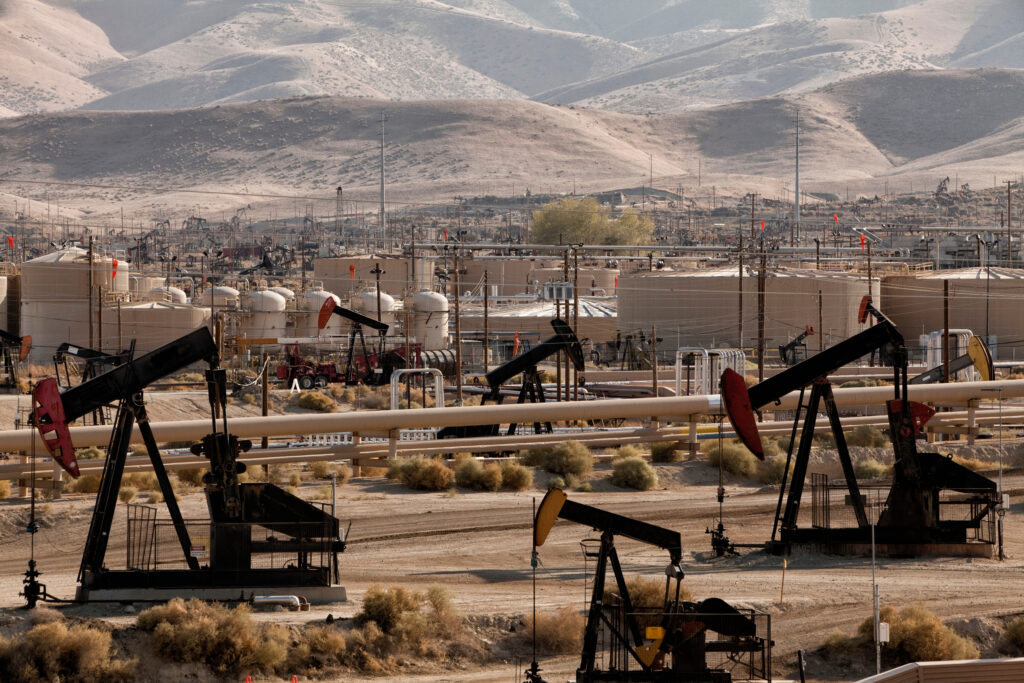
Our activity successfully covers the fields of drinking water treatment, domestic and industrial, desalination systems, remediation solutions for contaminated soils, organic mineral fertilizers and we would like to expand our skills and solutions acquired in over 20 years of activity in your country.
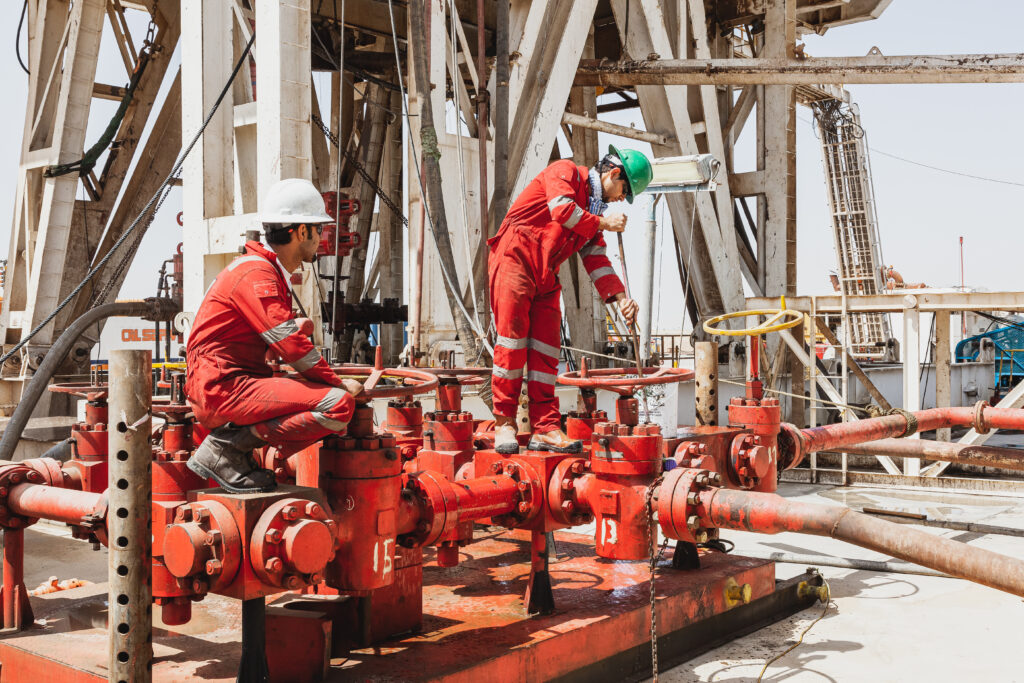
Inspection and tank cleaner system
An inspection and tank cleaning system is a combination of tools and techniques used to clean and inspect the interior of tanks. These tanks can be used for a variety of purposes, such as storing water, oil, chemicals, or other liquids. Regular cleaning and inspection of tanks is important to ensure that they are functioning properly and safely.
- Safety during operations;
- Reduction of risks associated with manual labor;
- Time saving;
- Operating costs reduction;
- Less downtimes of the plants;
- Increased production.
Oil Recovery from Sludge
Oil sludge is a mixture consisted of oil, water and solids, to treat the waste oil sludge, and recovery oil and water. The oil, water and solids need to be separated. And also, it is important to dispose of the solids inexpensively and recover oil as much as possible.
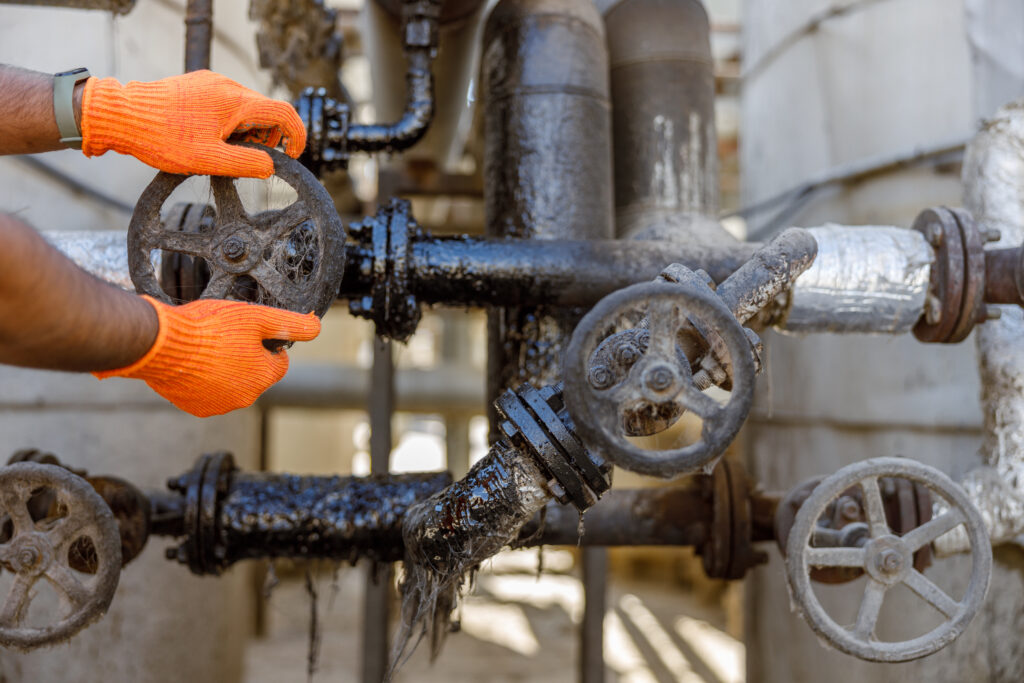
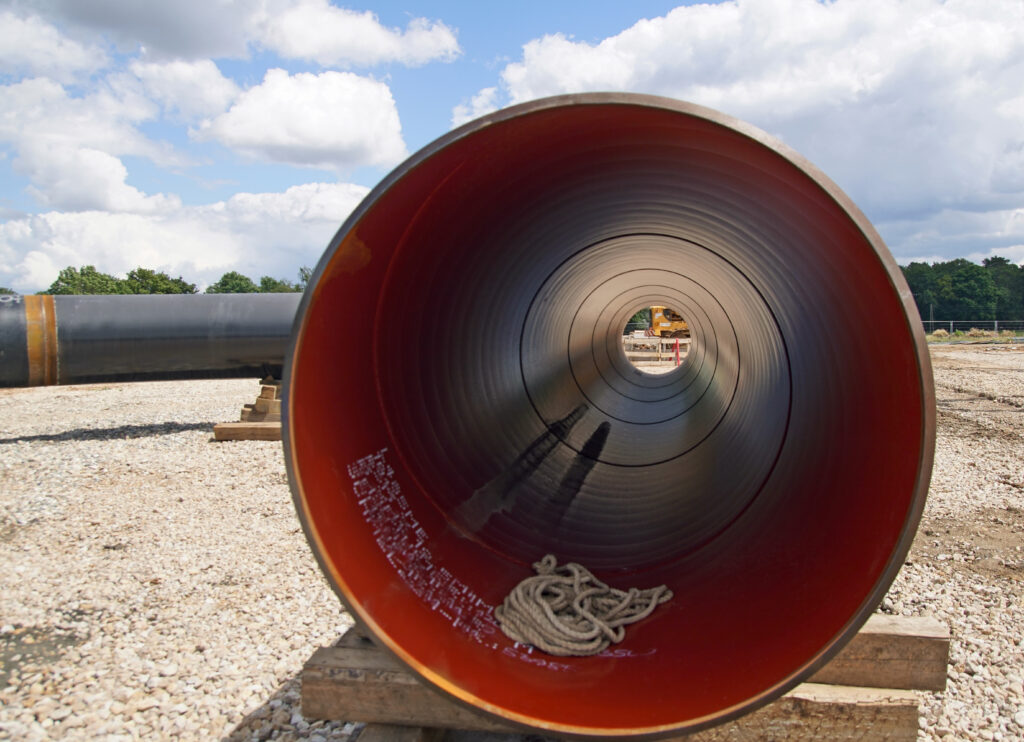
Sand washing system
Multi-process oil contaminated sand treatment plant with high pressure scrubber, wastewater and fines treatment processes for energy efficient oily sand remediation and on land oil spill clean-up.
Oliy sand remediation requires multiple process working in concert to be successful. If one of these processes is not working, then the overall cleaning process will not work. The basic processes include:
- Pretreatment & screening;
- Slurrification Sand Scrubbing;
- Sand oil water separation;
- Slops oil collection and treatment Fines treatment;
- Water treatment.
Bioremediation activities
Bioremediation refers to the use of microorganisms to degrade contaminants that pose environmental and human risks.
Both in situ (in place) and ex situ (removal and treatment in another place) remediation approaches are used.

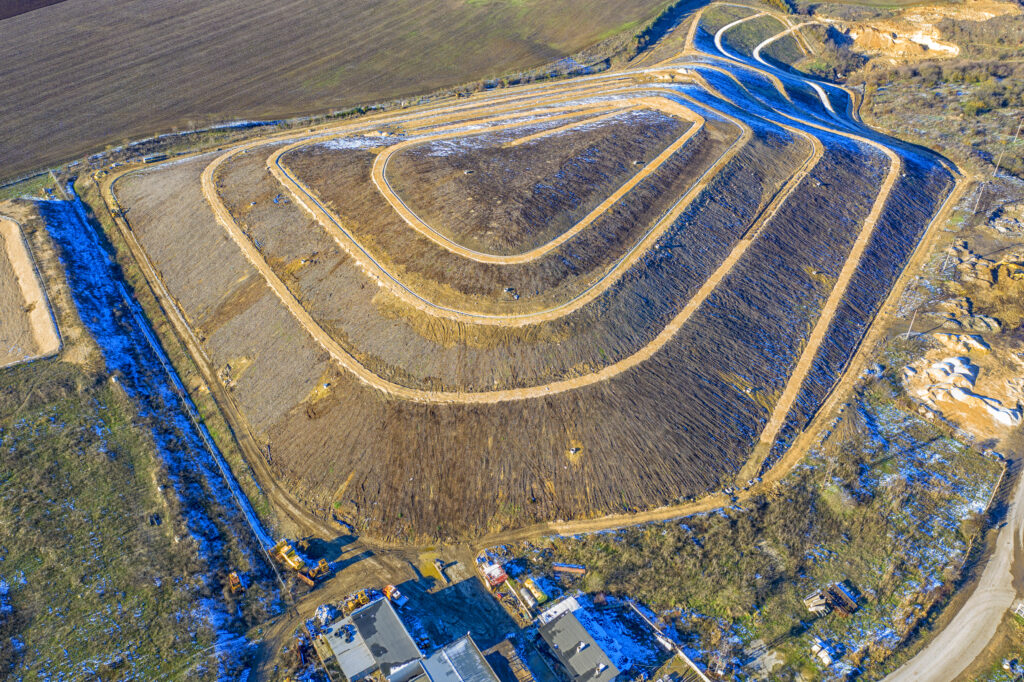
Landfill design
Landfill design is the engineering process behind creating a safe and environmentally sound disposal site for waste. Modern landfills are a far cry from the old dumpsites and incorporate features to minimize environmental impact, control leachate (contaminated liquid that drains from landfills), and capture landfill gas.
Inspection and tank cleaner system
Environmental Design
Integrated Waste Management (IWM)
Consultancy services
Environmental Design
Environmental Design focuses on creating solutions that minimize environmental impact throughout a project’s lifecycle. In waste management, this could involve:
• Designing waste collection systems for efficiency and source separation;
• Planning facilities for waste processing, recycling, and composting;
• Engineering landfills to minimize environmental risks.
Integrated Waste Management (IWM)
Integrated Waste Management (IWM) takes a holistic approach to waste, aiming to:
• Reduce waste generation at the source;
• Reuse materials whenever possible;
• Recycle materials into new product;
• Recover energy from waste through processes like composting or anaerobic digestion;
• Dispose of remaining waste responsibly in landfills.
Consultancy services
Consultancy services in this field can help organizations develop and implement effective IWM strategies. This might include:
• Waste audits to assess waste generation and identify reduction opportunities;
• Developing waste management plans that comply with regulations and promote sustainability;
• Designing educational programs to promote waste reduction and recycling among employees or residents;
• Selecting and implementing appropriate waste processing technologies;
• Obtaining permits for waste management facilities.
